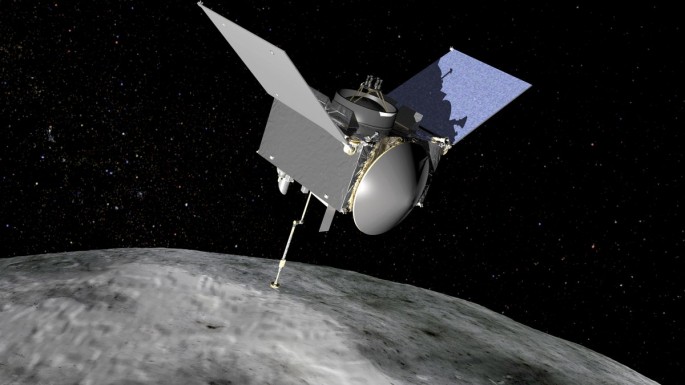NASA is set to launch a space probe to gather and collect data and rock samples from Bennu, the asteroid that could possibly wipe out life on Earth in the future.
Some researchers say that we have at least 150 years to prepare before Bennu the asteroid potentially hits Earth and ends life in the habitable planet as we know it. But in the meantime, our scientists are focused on launching OSIRIS-Rex spacecraft, which is unmanned, in September.
The asteroid "Bennu" has been chosen because its surface is rich in carbon. The spacecraft is set to reach Bennu by August 2018, in which it will project a probe to vacuum up soil from the surface.
The surface of Bennu contains hydrogen and carbon atoms, which are two elements fundamental to life. This will give scientists and researchers the opportunity to study and examine data that may lead to a better understanding of our solar system, and ultimately the origin of life, according to NASA.
Aside from the origin of life on Earth, the samples can also provide information as to whether life has existed on other celestial objects in the solar system, such as the planet Mars and Jupiter's moon, Europa. "We believe Bennu the asteroid is a time capsule that contains stories from the beginnings of our solar system, " said Dr. Dante Lauretta, who is a professor of planetary science and cosmochemistry at the University of Arizona, according to ABC News.
The asteroid may be the key in unlocking the secrets of the universe and to answer some of our most fundamental mysteries such as our origin. Additionally, scientists will uncover every bit of information about Bennu, including its mass and size, according to Dr. Lauretta, as the data could be crucial for the next generations.
The study will be important for the future because there is a 1 in 2,700 chance that Bennu will crash on our home planet. Dr. Lauretta says not to worry though, because it will not happen until the late 22nd century, and scientists would have probably already developed an asteroid-destroying technology during that time.
The video below is an overview of the mission of spacecraft OSIRIS-REx.



























